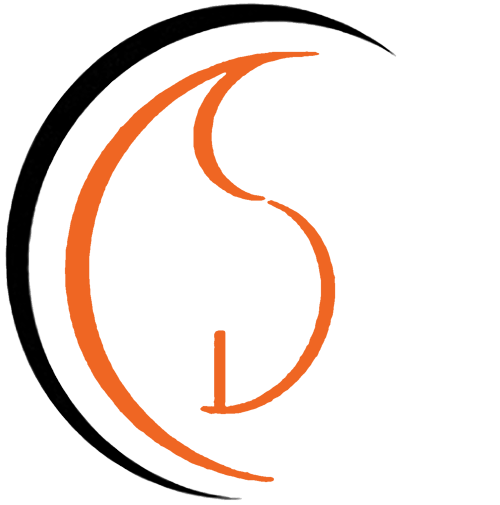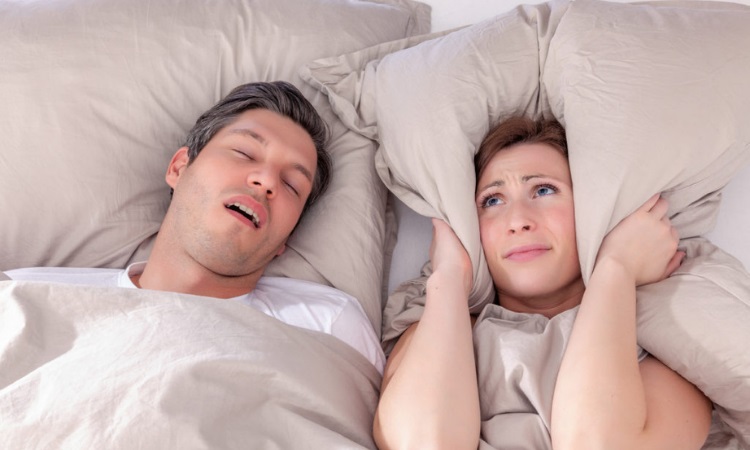Sleep is an essential pillar of health and wellbeing. Without it, things can go wrong fast.
But, for some people, sleep apnea can prevent them from getting the quality sleep they need. It can also create a host of additional health issues.
It is a condition that affects around 22 million Americans. However, experts estimate that 80 percent of cases go undiagnosed.
In this post, we define sleep apnea and discuss both symptoms and treatments.




